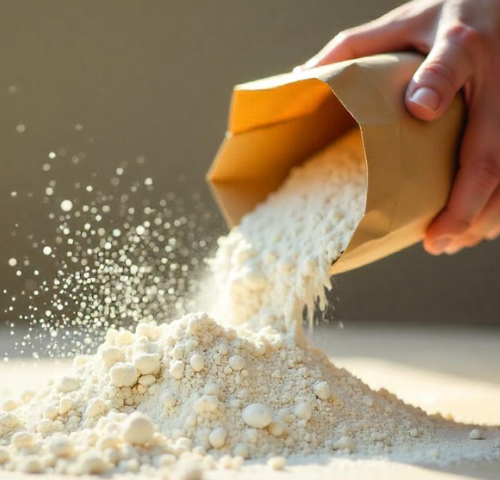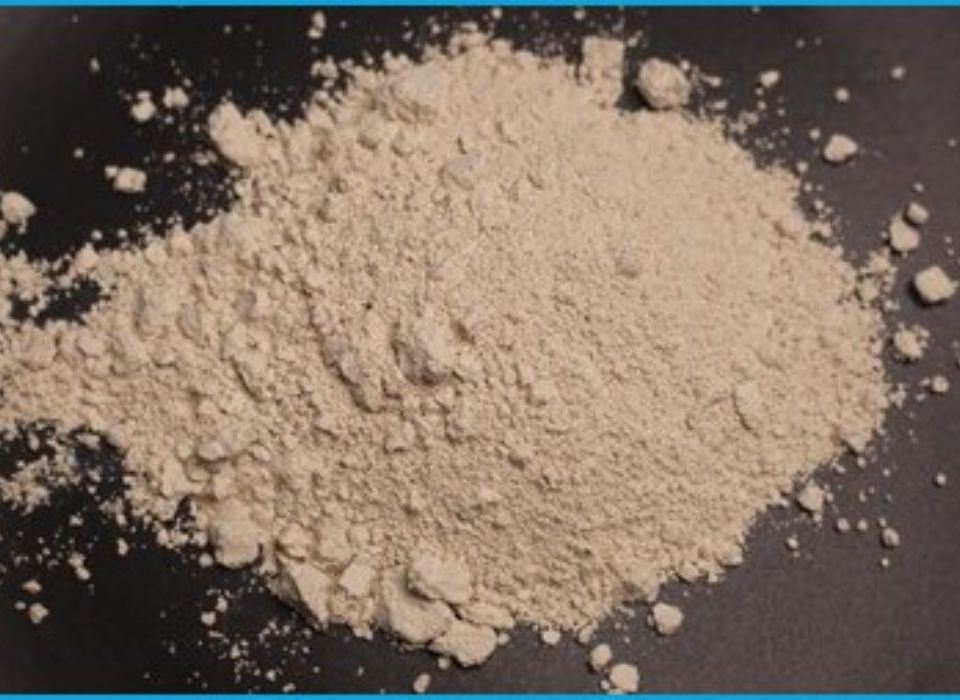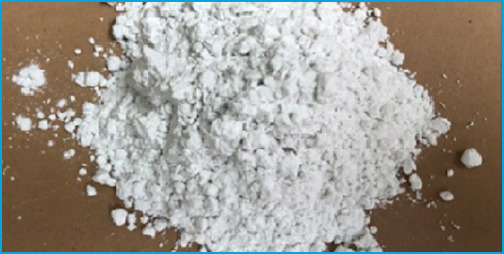
The Power of Diatomaceous Earth in Bed Bug Eradication
September 27, 2024
How to Safely Use Diatomaceous Earth on Your Dog
September 27, 2024Diatomaceous Earth: Does It Expire?
Composed primarily of the fossilized remains of tiny, aquatic organisms called diatoms, Diatomaceous Earth (DE) has a wide range of applications, from gardening and agriculture to industrial uses and pest control. One common question among users of it is whether it can expire or lose its effectiveness over time.
Understanding Diatomaceous Earth
Before delving into the expiration aspect, it’s essential to understand what DE is and how it works. DE is rich in silica and is valued for its abrasive properties. It can effectively kill insects by dehydrating them, as the sharp particles penetrate their exoskeletons. In gardening, DE is often used as a natural pesticide, while in food-grade form, it can help with internal parasites in livestock and even humans.
Shelf Life
One of the significant advantages of DE is its long shelf life. Unlike many chemical pesticides and fertilizers, DE does not have an expiration date in the traditional sense. When stored properly, it can last indefinitely. However, several factors can affect its effectiveness over time:
- Storage Conditions: To maintain its properties, DE should be kept in a cool, dry place, away from moisture. Exposure to water can cause the powder to clump, making it less effective as a pest control agent. Additionally, prolonged exposure to sunlight can degrade its quality.
- Type of Diatomaceous Earth: It’s important to distinguish between food-grade and industrial-grade DE. Food-grade DE, which is safe for consumption, has a higher purity level and can retain its effectiveness longer than its industrial counterpart. Industrial DE may contain additives or impurities that could affect its longevity and efficacy.
- Pest Resistance: While DE itself does not expire, overuse in pest control applications can lead to resistance in some insect populations. This means that even though the DE is still physically effective, it might not work as well on pests that have adapted to it. To prevent this, it’s advisable to rotate pest control methods.
Signs That DE May Not Be Effective
While DE can last a long time, certain signs can indicate it may no longer be effective:
- Clumping: If you notice that the powder has clumped together due to moisture exposure, it might be less effective. Clumped DE is harder to distribute evenly and may not create the dust barrier needed to effectively control pests.
- Loss of Texture: The fine, powdery texture of DE is what allows it to function effectively. If the powder appears damp or has lost its typical texture, it may not work as intended.
- Decreased Effectiveness: If you've used DE multiple times and notice that it no longer kills pests as effectively as before, it may be a sign that the pests have developed resistance or that the DE has degraded.
Best Practices for Storage
To ensure that your DE remains effective for as long as possible, follow these storage practices:
- Use an Airtight Container: Store DE in an airtight container to prevent moisture from getting in. Glass jars, plastic containers, or any sealed storage bags can work well.
- Keep It Dry: Make sure the storage area is dry and cool. Avoid placing DE in humid locations, such as basements or kitchens, where moisture is prevalent.
- Avoid Contamination: Keep the container sealed and away from chemicals or other substances that might contaminate DE.
- Check for Quality: Periodically inspect your DE for any signs of clumping, moisture, or changes in texture.
Conclusion
In summary, diatomaceous earth does not expire in the conventional sense. However, proper storage and usage are essential to maintain its effectiveness. By understanding how to store it correctly and being aware of signs that it may be losing potency, you can ensure that your DE remains a reliable tool for pest control, gardening, and more. Always check the quality and storage conditions to maximize its benefits.
Understanding Bed Bugs
Before diving into the effectiveness of DE, it's crucial to understand what bed bugs are. Bed bugs are small, wingless insects that feed on human blood, primarily at night. They are notorious for their ability to hide in small crevices and are often found in bedding, furniture, and carpets. A female bed bug can lay hundreds of eggs in her lifetime, making infestations challenging to control once established.
DE works primarily through physical means rather than chemical. The powder is composed of sharp, microscopic particles that are abrasive to insects. When bed bugs come into contact with DE, the tiny particles can pierce their exoskeletons. This damage leads to dehydration and ultimately death. Additionally, DE absorbs moisture from the bed bugs' bodies, further contributing to their demise.
How to Use DE Against Bed Bugs
For DE to be effective against bed bugs, proper application is essential. Here’s how to use DE in your battle against these pests:
- Identify Infestation Areas: Start by locating areas where you suspect bed bugs may be hiding. Common places include mattress seams, bed frames, carpets, baseboards, and furniture cracks.
- Apply DE Generously: Lightly dust DE in the identified areas. Use a duster or a small brush to ensure an even application. It’s crucial not to oversaturate the area, as bed bugs may avoid heavily coated surfaces.
- Leave for Several Days: Allow the DE to sit undisturbed for at least 48 to 72 hours. This waiting period gives the bed bugs time to come into contact with the powder.
- Clean Up: After the waiting period, vacuum the treated areas thoroughly to remove the dead bed bugs and excess DE. Be sure to dispose of the vacuum bag immediately to prevent any surviving bugs from escaping.
Effectiveness and Limitations
While DE can be effective in controlling bed bug populations, it is essential to recognize its limitations. DE works best as a supplementary treatment rather than a standalone solution. Here are some points to consider:
- Time-Consuming: The effectiveness of DE may take time. Unlike chemical pesticides that provide immediate results, DE requires a more gradual approach, often necessitating repeated applications.
- Environmental Conditions: DE is most effective in dry environments. If the treated area becomes damp, the efficacy of DE decreases significantly. Therefore, it’s essential to keep the application area dry for maximum results.
- Targeted Use: DE does not kill bed bugs on contact like traditional insecticides. Instead, it requires bed bugs to walk over the powder, which may limit its effectiveness in heavily infested areas.
- No Residual Activity: Once the powder is vacuumed or becomes too moist, its effectiveness diminishes. Regular reapplication is necessary to maintain control.
Conclusion
In conclusion, diatomaceous earth can be an effective tool in the battle against bed bugs when used correctly. Its physical mode of action provides a natural alternative to chemical pesticides, appealing to those looking for eco-friendly solutions. However, it’s crucial to combine DE with other pest control methods for comprehensive bed bug management. Regular inspections, good hygiene practices, and professional pest control services may also be necessary to fully eradicate these resilient pests. With persistence and the right approach, you can reclaim your space from bed bugs using DE as part of your strategy.




